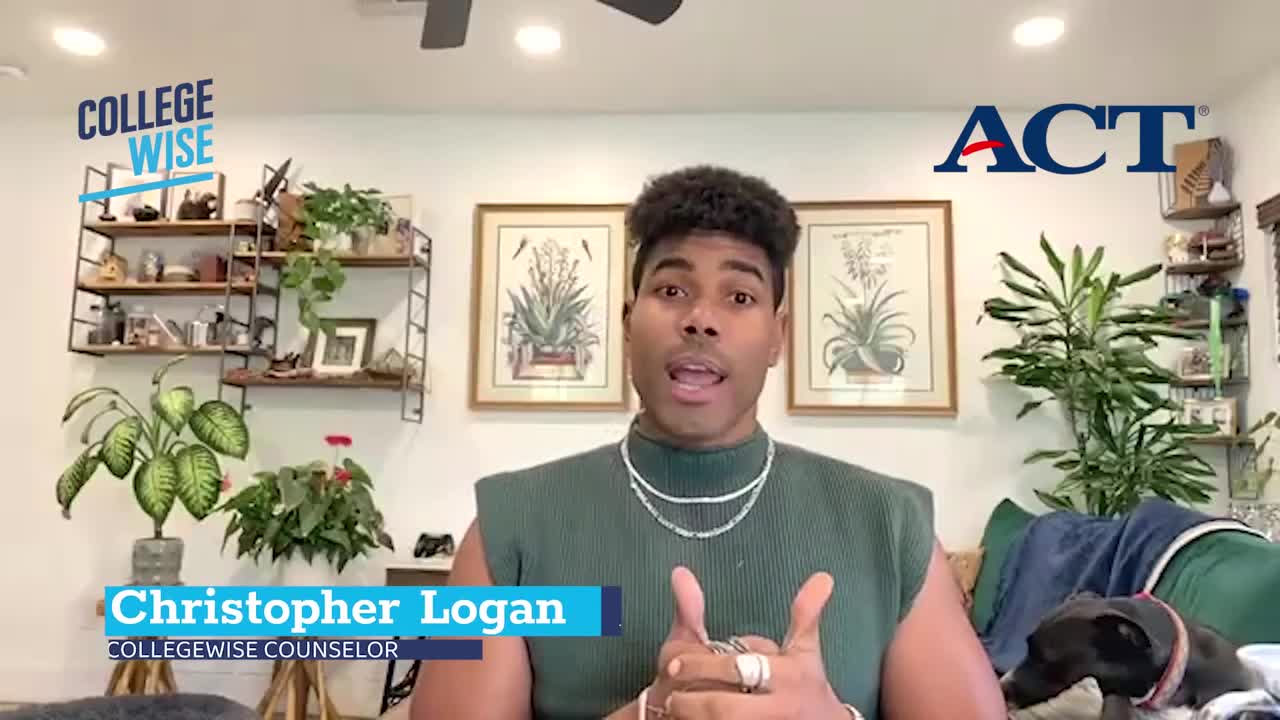Embracing Your Diverse Interests 
Some students know what they want to study in college before they even get to high school. They’ve had their sights set on engineering school since the first time they logged onto a Minecraft server — or on political science since the first time they won a debate tournament. In some cases, this is the natural result of innate inclinations lining up with outlets and becoming passions.
In some other cases, however, this early commitment to a pathway is the result of deliberate efforts to find a student’s niche as early as possible so that those students can then spend as much time as possible participating in the “Little League Cold War” of college admissions preparation: playing three sports because “all the other kids in the neighborhood play two” or suffering through years of a joyless activity because “it’s important to show commitment.” That difference in approach speaks to a very different experience for students — and I want to encourage students in the latter group to afford themselves room to place a higher premium on personal fulfillment. Either way, what we see from the outside is the same: an ever-increasing proportion of high school students set on a specific college (and perhaps even career) pathway.
But that is not the case for everyone. Nor does it need to be.
I’m here to talk to and about those students who are not yet convinced of a path: those whose interests are varied, whose passions are disjointed, and whose curiosities run in almost every direction. I’m here to say that, even if it’s now the second semester of junior year, you are not “behind” in any way. And here’s why.

Colleges Value Driven and Curious Students
Colleges are interested in students who are driven, motivated, and curious. They know that they are receiving applications from 17-year-olds, and they are respectful of the fact that even some of the brightest 17-year-olds in the world are not ready to commit themselves fully to one endeavor for the rest of their lives. Above all, though, colleges understand their role in helping students discover themselves. And that last bit is why they’re just as excited by an applicant who has spent four years of high school exploring a host of tangentially related interests as they are by an applicant who has spent four years of high school entrenching themselves in a specific field. Why? Because what they care about is the initiative those students are showing—the way those students are displaying the fundamental character of “I see it; I want it” Beyoncé wants us all to emulate. In short, colleges don’t necessarily need their applicants to be gung-ho about doing pre-major prep work all through high school. They just want students to be gung-ho about something.
So here’s my advice.
Advice for Students
Students, lean into the things you love! If you’re on the school paper, think about diving more deeply into related options. Explore more of the options in the world of journalism; see how it connects to things like marketing, publicity, and public relations; take a look at the niches of sports reporting and political journalism; see if mixed media reporting or data-driven journalism are of any interest to you. Not necessarily as majors or careers, but just as expansions of your interest. Maybe you take a summer course at the School of the New York Times. Perhaps you decide to shadow someone at your local paper. Maybe that helps you decide that you do actually want to move forward with this subject as a major, maybe it helps you decide that data science, sports management, or political science is actually right for you, or maybe it just makes your high school experience more fulfilling. Awesome. Colleges will respect and admire your dedication to seeing your interests through! Love books? Start or join a book club; spend some time discussing literature with other word nerds, and maybe that will help you find a passion for literature, creative writing, or another humanities major!
Guidance for Parents
Parents, I ask that you support this learning. Many high school students discover their passions by way of the activities they explore, and leaving your students the room to feel comfortable and confident in their decisions to follow their interests is a great way to help them along a more natural path toward their own self-discovery.
But what if they get to the college application without a major in mind? What if they have to apply *gasp* UNDECLARED?
Undecided on Your Major? It’s Okay.
Remember, colleges understand that students are not all ready to commit themselves to a field. Many students and parents will pause here to ask about those pesky “Why major” or “Explain your interest” supplements that pop up all over the place. Don’t be afraid of those! Undecided does not mean uninterested. This can really be an undecided student’s moment to shine, especially for those students who are undecided not because they don’t have any interests but because they have too many. Be honest; explain that you haven’t yet been able to explore biology and history on a deep enough level to decide which of them you want to be your primary focus in college. Share the fact that you love learning about politics and the philosophy of jurisprudence, but you’re also interested in environmental engineering and you’re trying to make up your mind about whether or not continuing with theatre is the right choice for you. Essentially, you can (and should) take this as a moment to shed some light on your intellectual vitality and your ethos as a scholar. Colleges will see the intensity of your curiosity and will respect the efforts you put into the pursuit. Not to mention the fact that eclectic students are just plain interesting!
My comments about how colleges perceive students do not, of course, apply to every college or program in the country. There are always exceptions, especially when considering the differences between universities that are broken into smaller, more specialized colleges vs. universities where all undergrads study together or when thinking about specialized programs like BS/MD or 3+3 law school programs. That’s a conversation for another day, though!
Choosing a Major: It's Okay to Start Somewhere
If you’re still not comfortable selecting “undecided” on your application, go ahead and pick one of the majors most related to the things you loved in high school or to the paths you’re hoping to follow in and after college. If you’re applying to a fragmented campus, this decision might be a little trickier, but perhaps that’s a reason for you to focus more on schools that will provide you greater flexibility once you’re there. Why flexibility? Because selecting a major on your application is not the same as signing a contract. Lots of students change their majors — roughly 60% of college students at some point in college. One day in my sophomore year, I had an existential crisis and officially changed my major 5 times in the span of 24 hours. Your major is not the same as your purpose in life *cue scenes from the Pixar movie Soul* Think of your major as your “spark.” It’s not going to be the thing that defines the rest of your existence. Some students will find that their major leads them directly into the things they do in their careers or postgraduate studies, but that is not the case for everyone. Pre-med students frequently find themselves on Wall Street. English majors take up a lot of spots in law schools. Economists and mathematicians sometimes find themselves most fulfilled working in college counseling!
Undecided Does Not Mean Uninterested
It’s okay if you haven’t laid out your entire life on a mood board! Going into college with an undecided major or with a major you aren’t wholly committed to is a valid and respectable way to approach your education.
Want more advice on applying for college? Check out our college resources and Collegewise to help you organize and stay on top of your college applications. 
